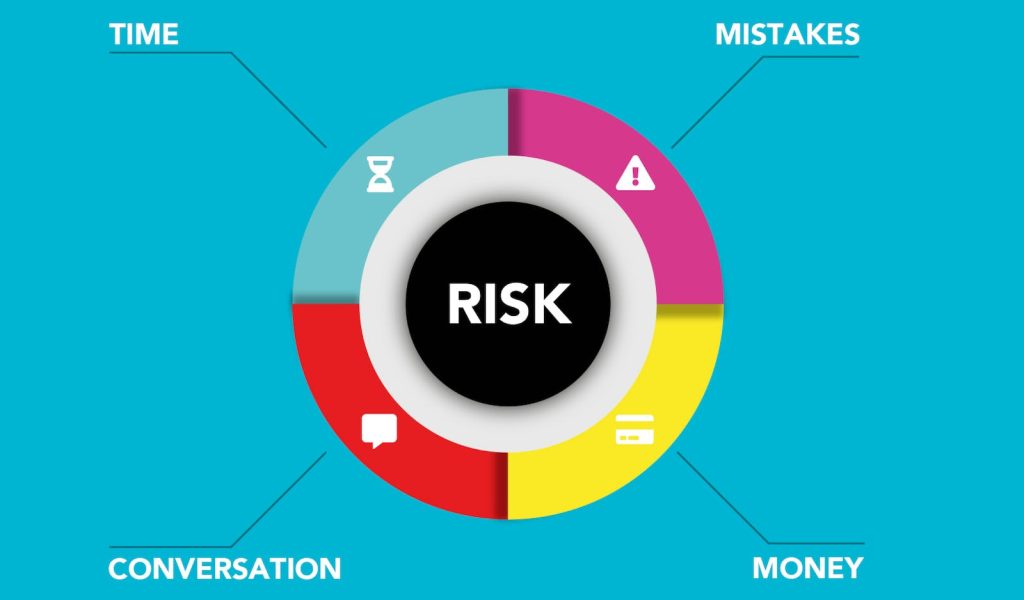As students embark on their educational journey, it is crucial to not only focus on acquiring knowledge but also to develop the necessary financial skills for a secure future. An essential aspect of financial planning for students is investments and savings. However, it is equally important to incorporate ethical considerations into these financial decisions. In this comprehensive guide, we will explore the ethical dimensions of student investments and savings and provide strategies for students to align their financial practices with their values.
Understanding Ethical Investment Principles
Ethical investments, also known as socially responsible investments or sustainable investments, are financial vehicles that align with specific ethical or environmental criteria. These investments aim to generate returns while also supporting companies or industries that uphold certain values, such as environmental sustainability, social justice, or responsible governance.
When considering ethical investments, students should conduct thorough research to understand the underlying principles and criteria of each investment opportunity. Some common ethical investment approaches include screening out companies involved in certain industries (such as tobacco, weapons, or fossil fuels), investing in companies with strong environmental or social initiatives, or actively engaging with companies to promote positive change.
Investing in Education-Focused Initiatives
One way for students to align their investments with their educational goals is by investing in education-focused initiatives. This may involve supporting companies or organizations that prioritize access to quality education, promote educational equity, or develop innovative educational technologies.
Investing in education-focused initiatives not only aligns with personal values but also contributes to the overall improvement of the education system. By investing in these initiatives, students can play an active role in shaping the future of education and ensuring that it remains accessible and impactful for future generations.
Consideration of Environmental and Social Impact
When making investment decisions, students should also consider the environmental and social impact of their investments. This involves evaluating whether the companies or funds they are investing in operate in an environmentally sustainable manner, treat their employees and stakeholders fairly, and contribute positively to society.
Investing in companies that prioritize environmental sustainability can support the transition to a more sustainable future. Likewise, investing in companies that demonstrate a commitment to fair labor practices and social responsibility can contribute to a more equitable society. By consciously considering these factors, students can ensure that their investments are aligned with their ethical values.
Diversification and Risk Management
While ethical considerations are important, students should also prioritize diversification and risk management in their investment portfolios. Diversification involves spreading investments across different asset classes, industries, and geographical regions to mitigate risk. By diversifying their investments, students can reduce the potential impact of any single investment on their overall financial well-being.

Risk management is crucial to ensure that students do not expose themselves to unnecessary financial risks. It is advisable to consult with financial professionals or advisors who specialize in ethical investing to develop a well-rounded investment strategy that balances risk and potential returns.
Avoiding Controversial Investments
Ethical investing also involves avoiding investments in industries or companies that are controversial or contradict personal values. For example, students may choose to exclude investments in companies involved in activities such as weapons manufacturing, tobacco production, or unethical labor practices.
To avoid controversial investments, students should thoroughly research the companies or funds they are considering and assess whether their practices align with their ethical values. It may also be beneficial to consult ethical investment indexes or databases that provide information on the sustainability and ethical practices of various investment options.
Supporting Local and Small Businesses
Another ethical consideration in student investments is supporting local and small businesses. By investing in local enterprises, students can contribute to the growth and development of their communities. Small businesses often play a vital role in job creation, economic stability, and cultural diversity.
Investing in local and small businesses can be done through various means, including purchasing shares of small businesses or investing in community development funds. These investments not only have the potential for financial returns but also support local entrepreneurship and sustainable economic development.
Prioritizing Long-Term Sustainability
An important ethical consideration in student investments is prioritizing long-term sustainability. This involves looking beyond short-term gains and considering the potential impact of investments on future generations and the overall well-being of society.
Students should seek out companies or funds that prioritize sustainable practices, demonstrate a commitment to long-term growth, and align with the principles of environmental stewardship and social responsibility. Investing in companies that prioritize sustainable practices not only contributes to a more ethical financial system but also positions students for long-term financial success.
Staying Informed and Engaged
To make informed and ethical investment decisions, students should stay informed about the latest developments in ethical investing practices and financial markets. This includes regularly researching investment options, reading industry news, and staying abreast of emerging trends and regulations.
Additionally, students should actively engage with companies and funds in their investment portfolio to advocate for ethical practices. This can involve attending shareholder meetings, voting on resolutions, and expressing concerns or support for specific issues. By engaging with their investments, students can influence companies to prioritize ethical considerations and align their practices with sustainable and responsible principles.
Investing ethically as a student is not only about financial gain but also about making a difference in the world. By incorporating ethical considerations into your investment and saving practices, you can contribute to a more sustainable and responsible future while securing your financial well-being. Remember to stay informed, diversify your portfolio, and align your investments with your values. Together, we can create a better world through ethical financial practices.

































